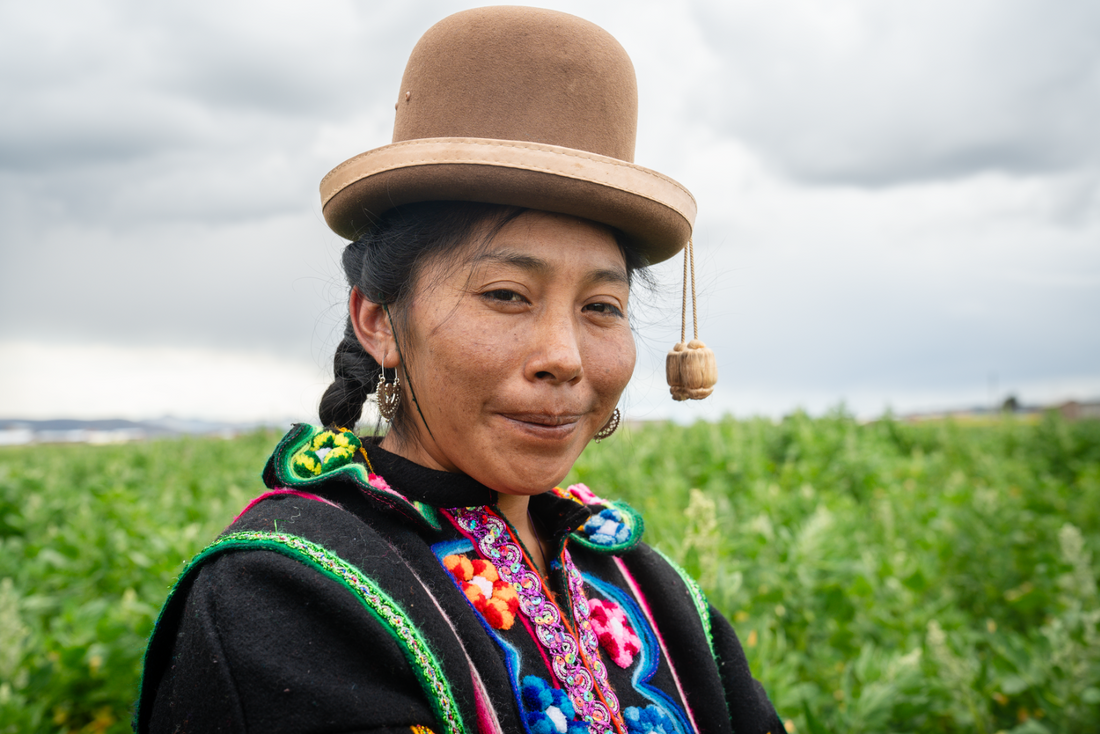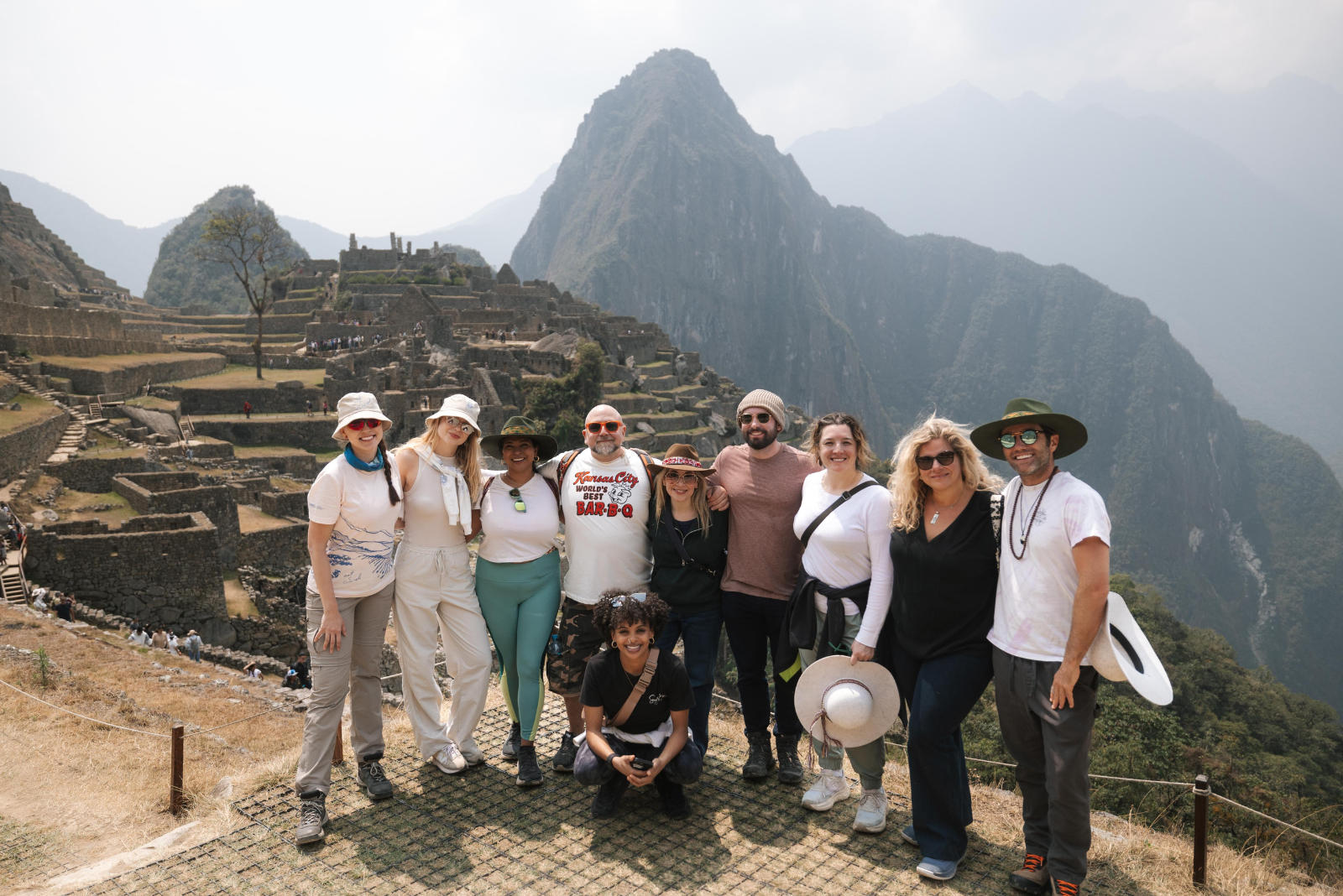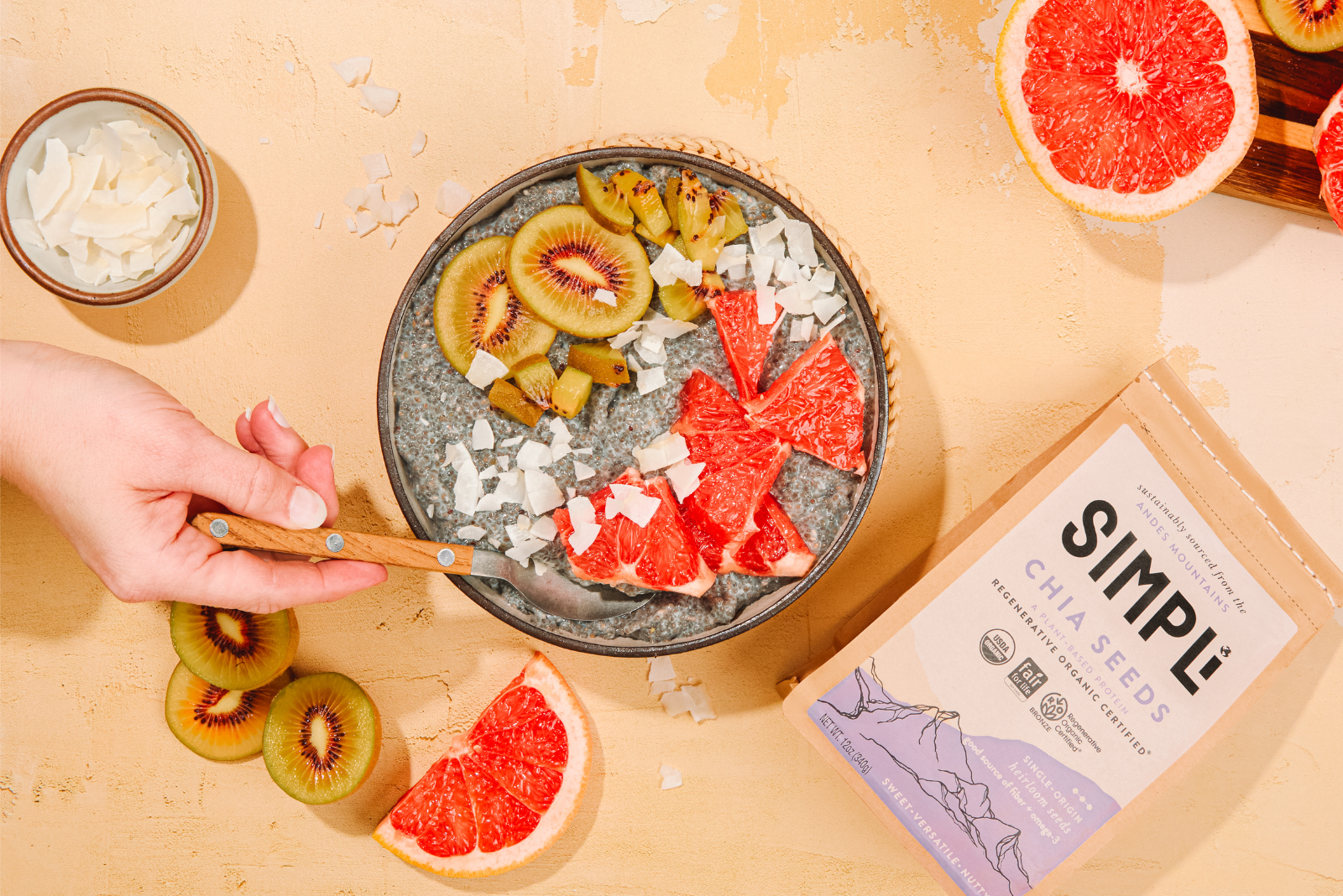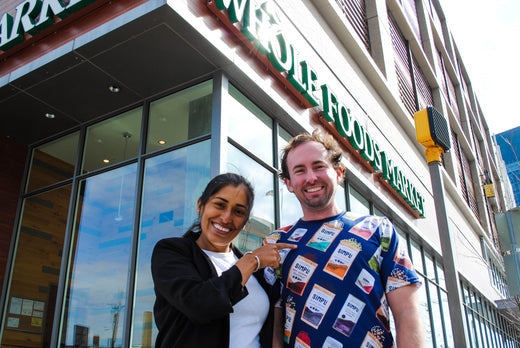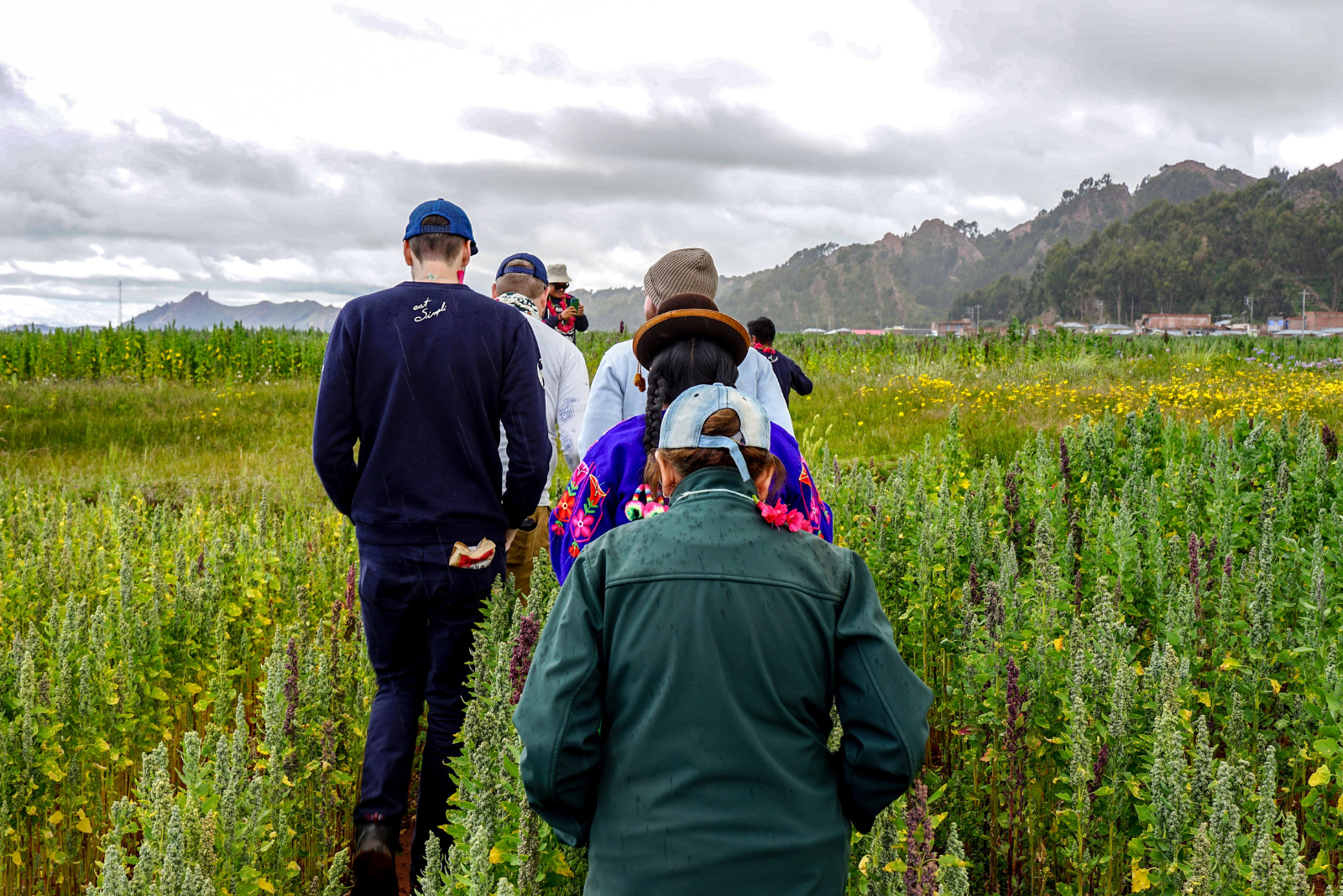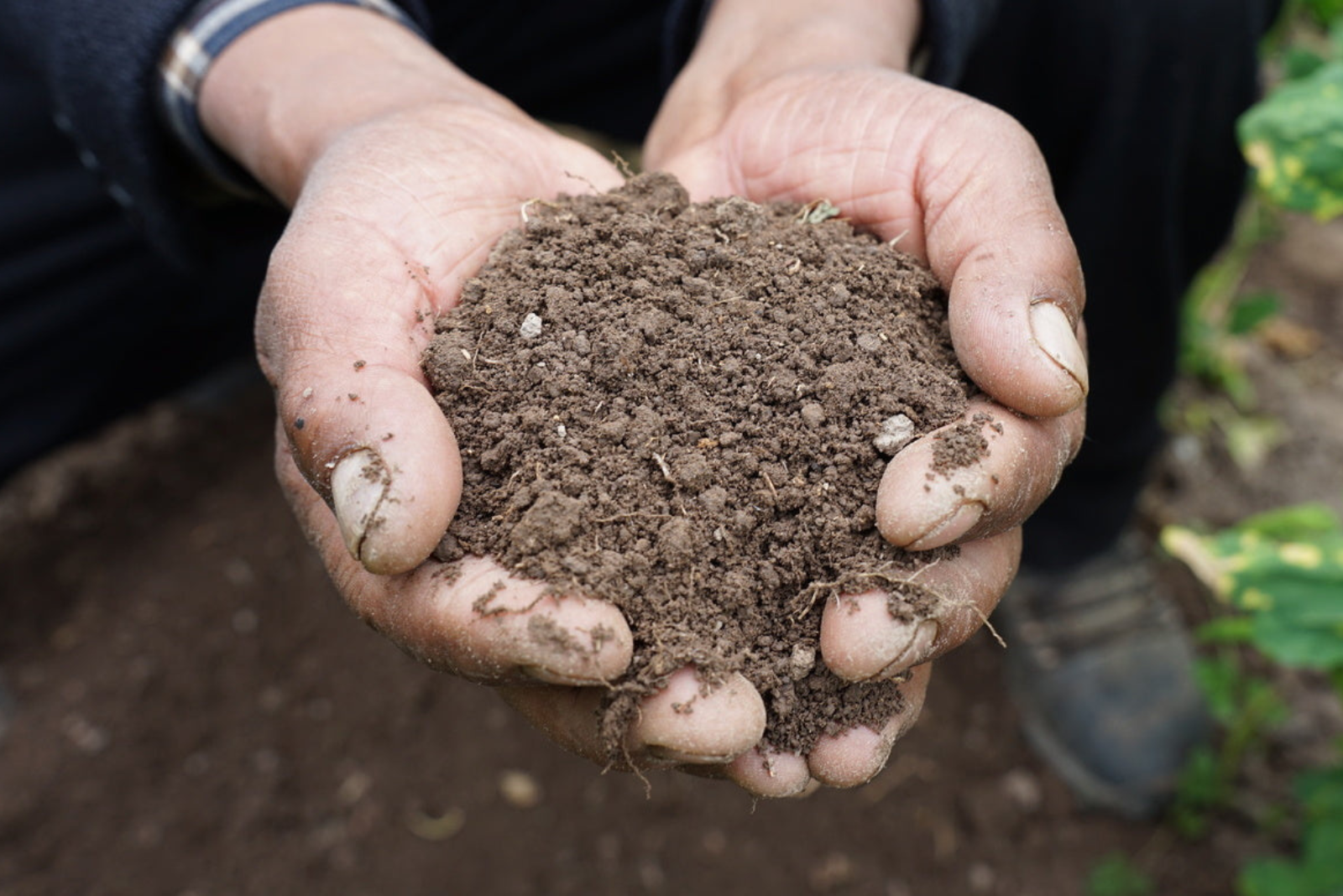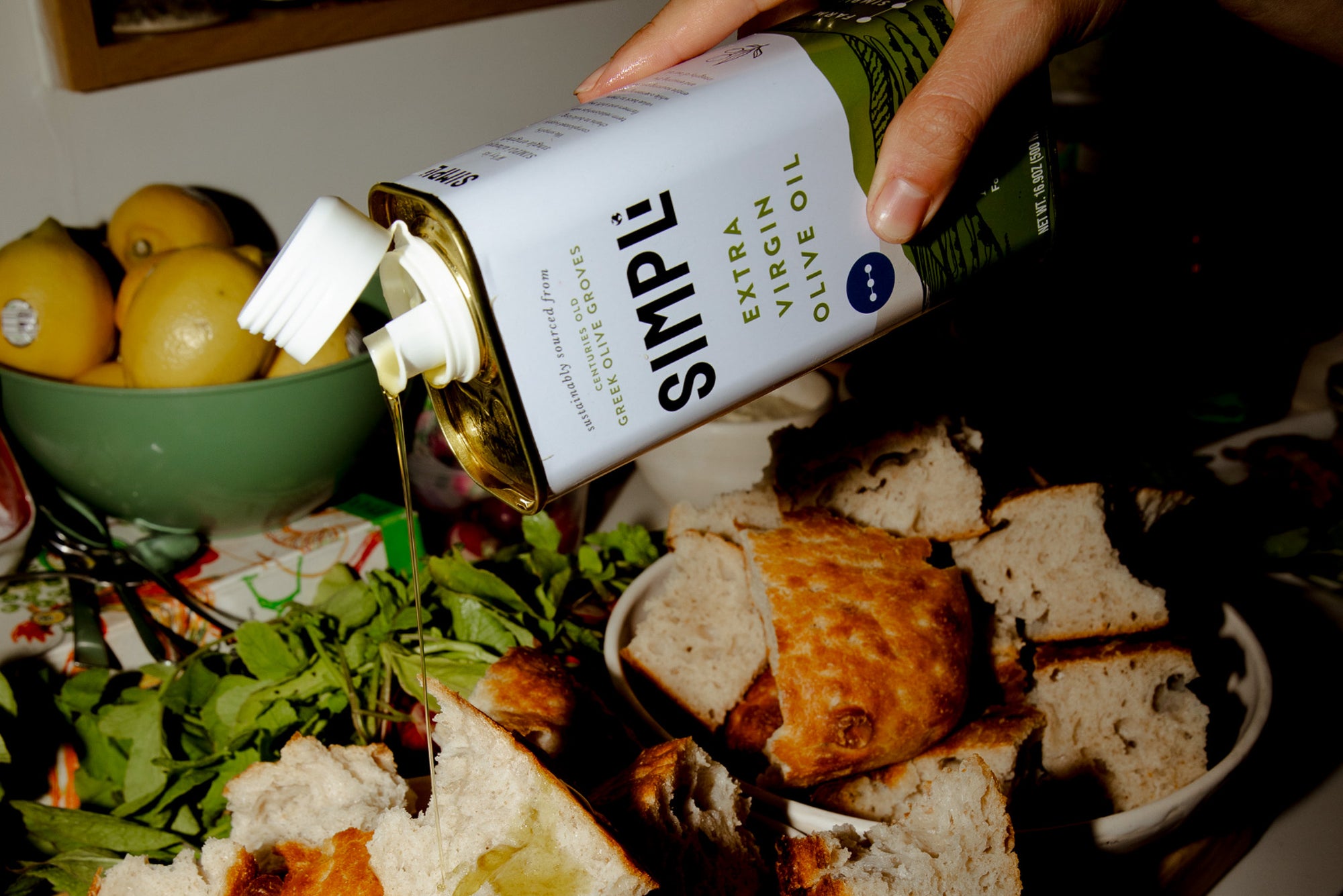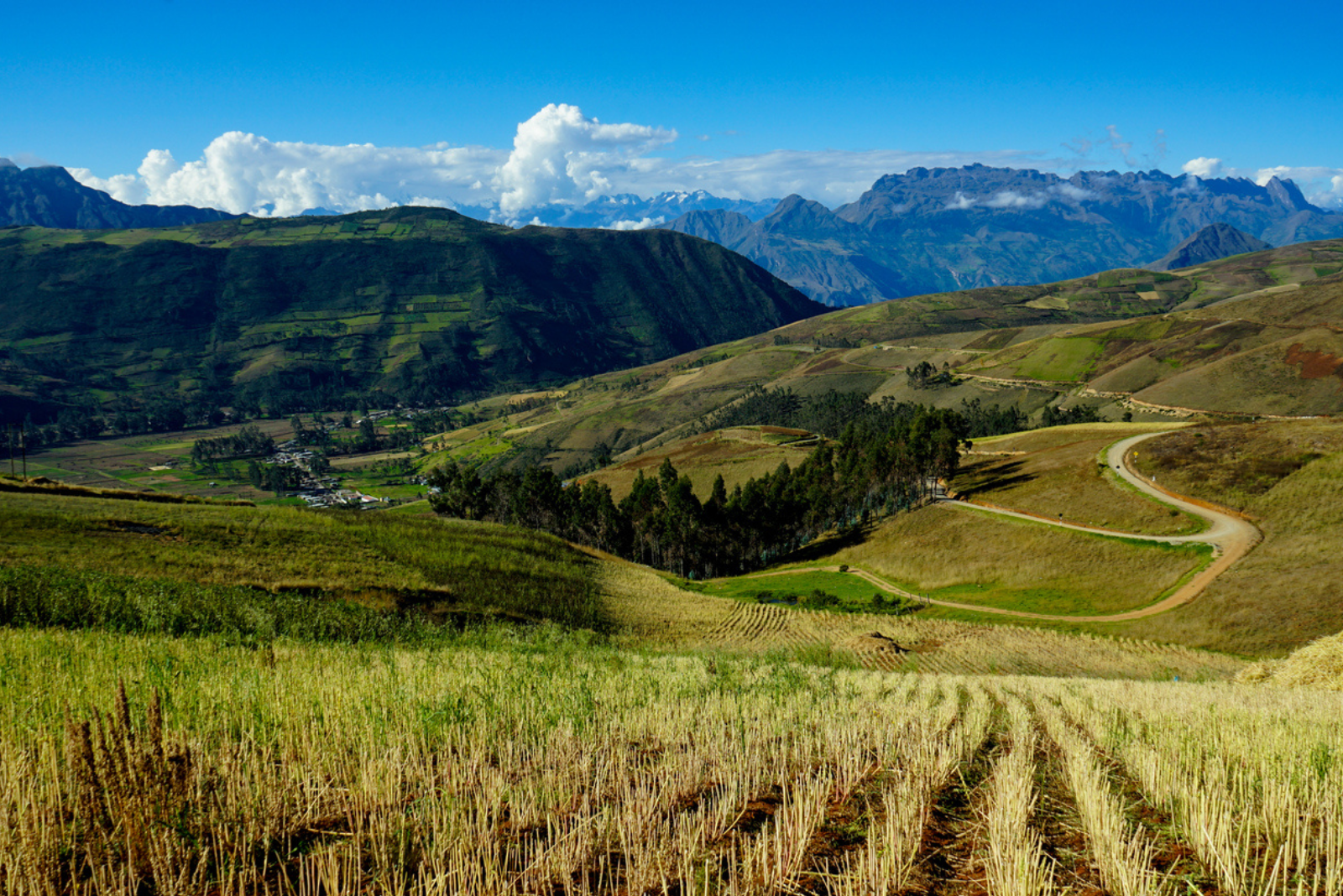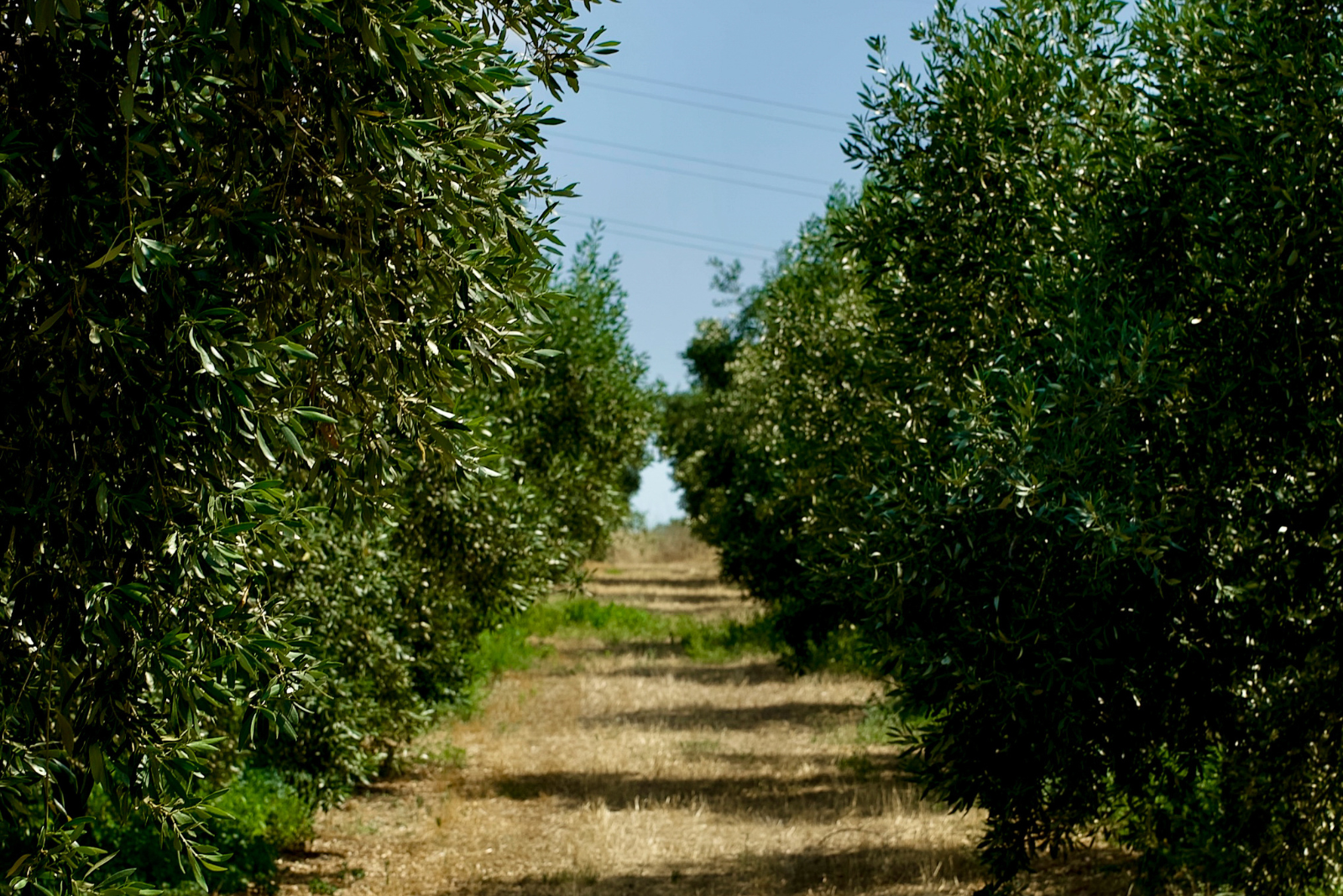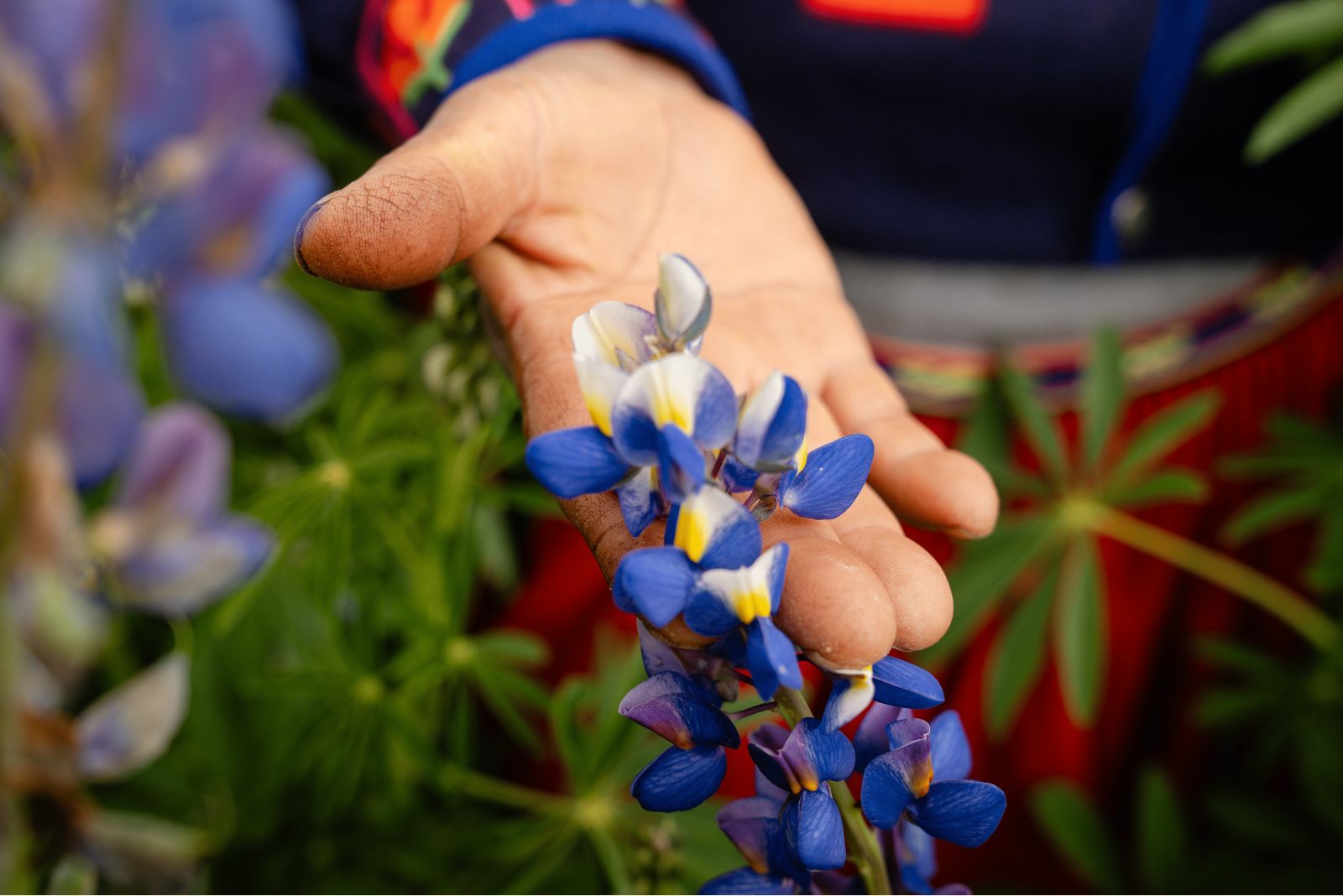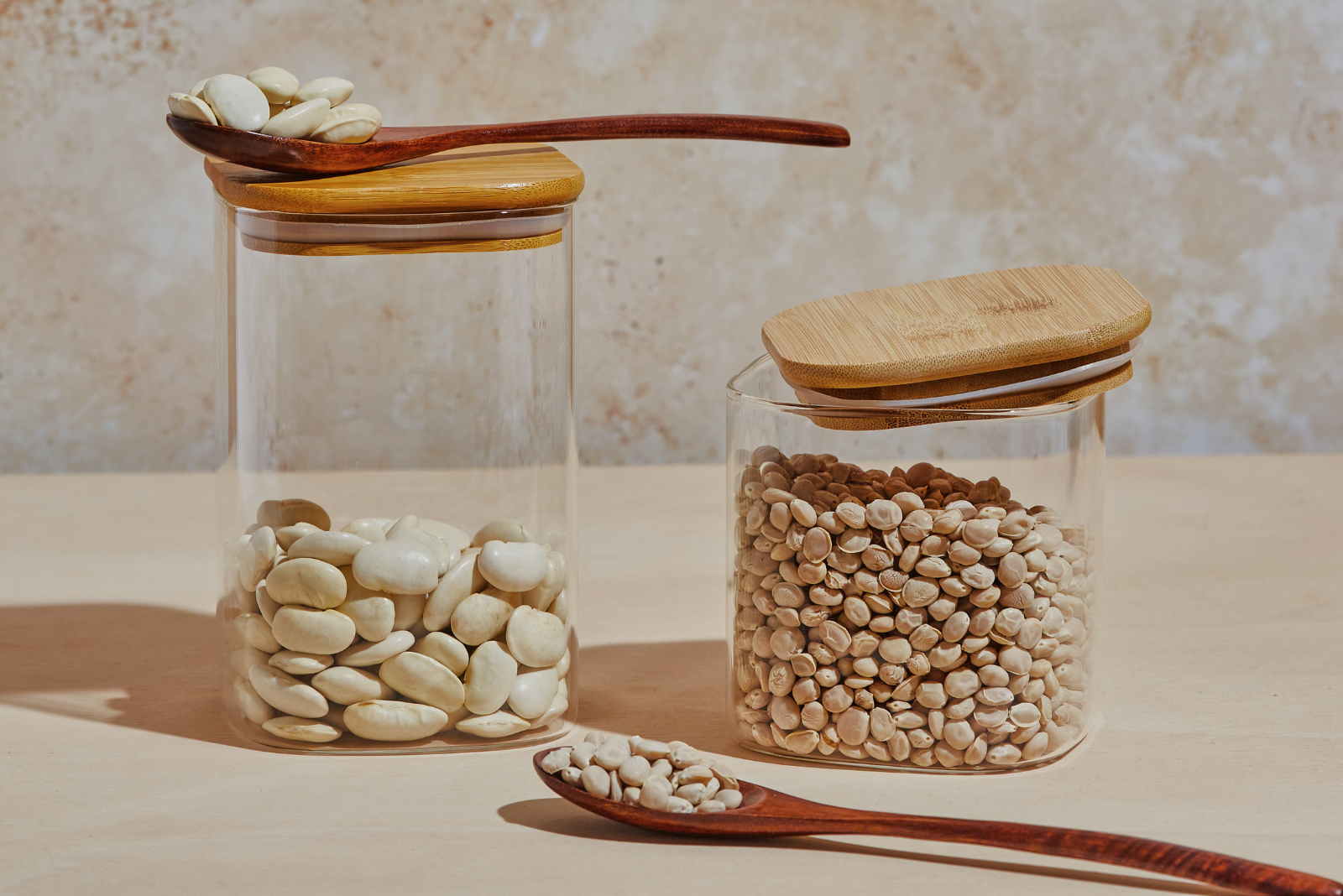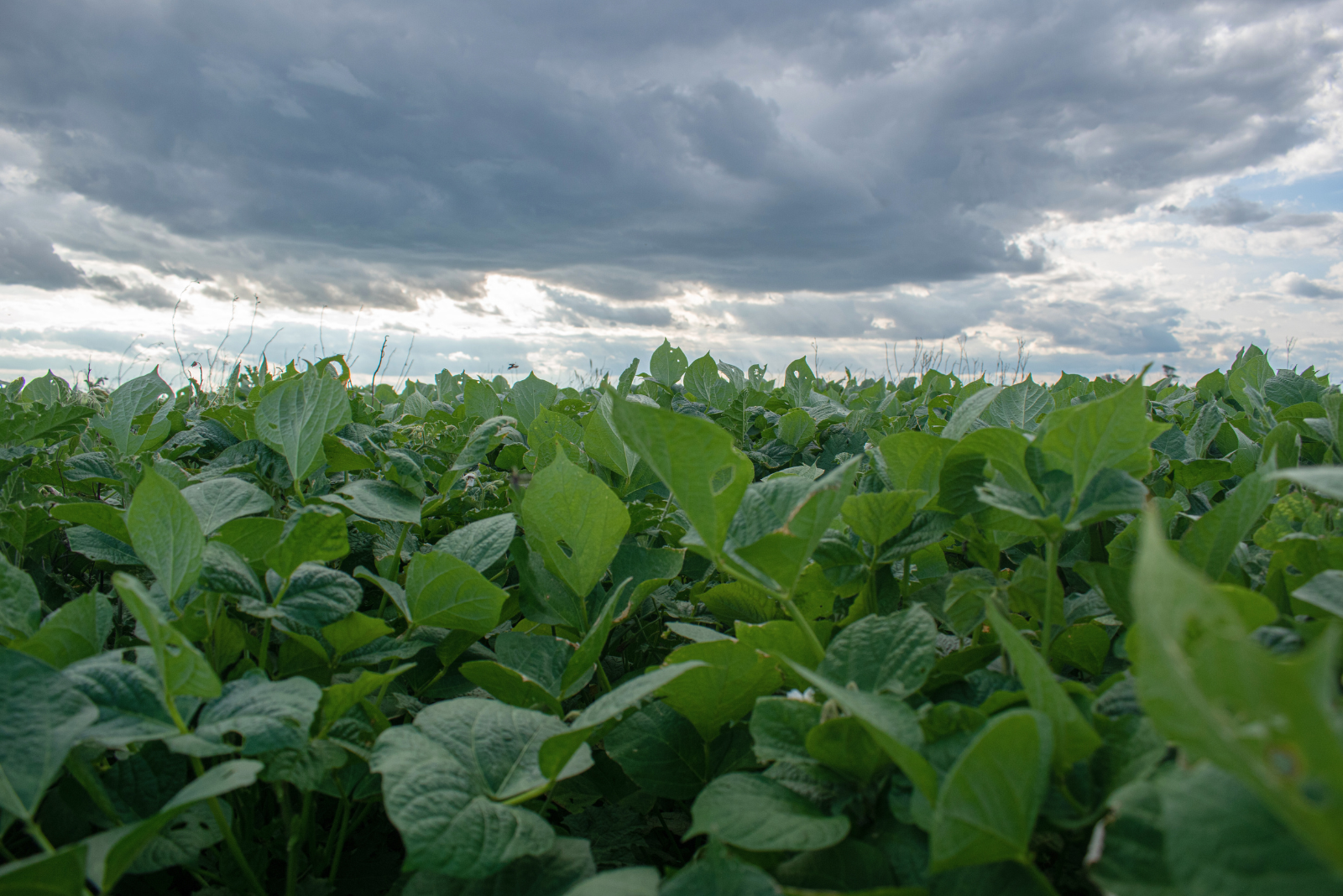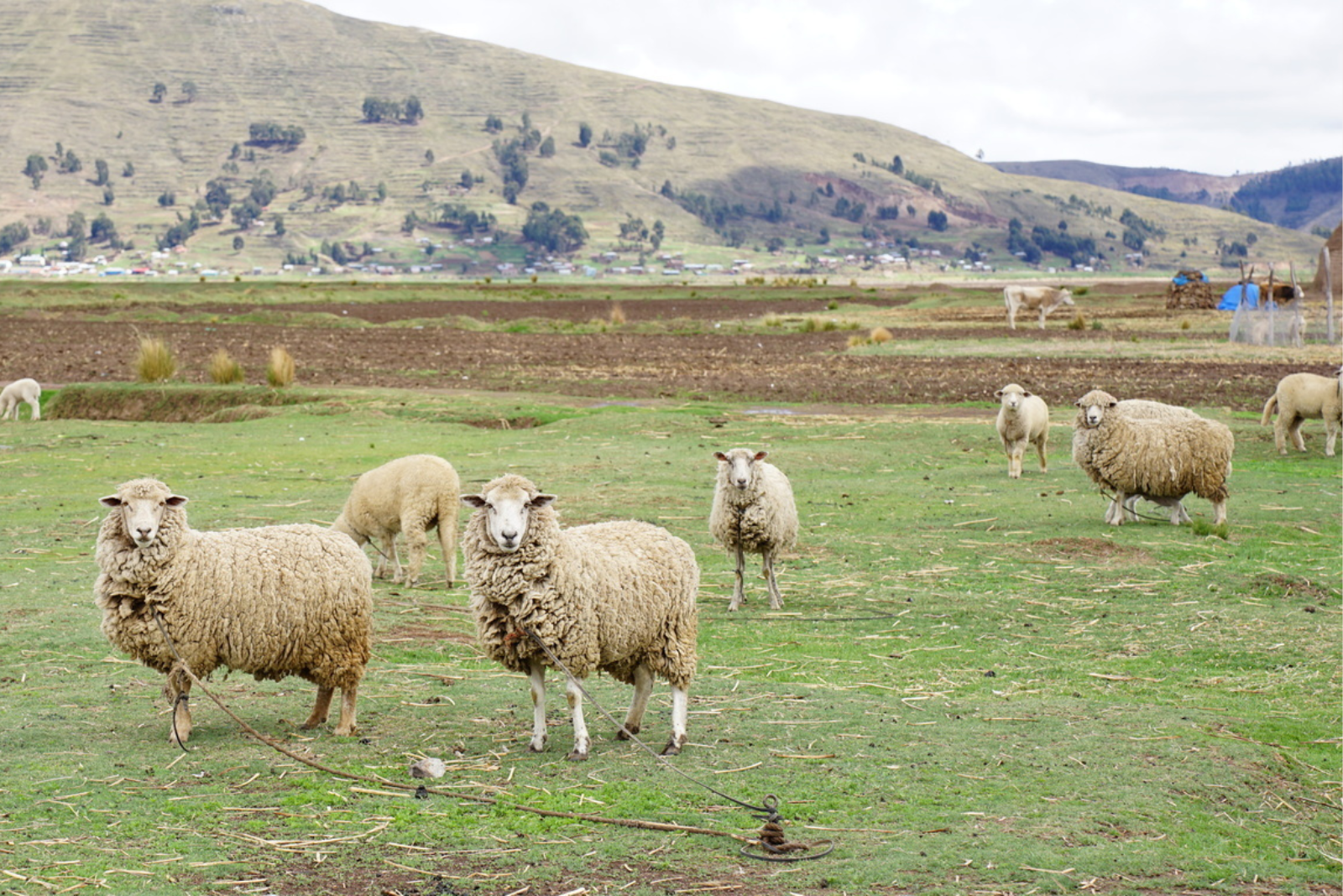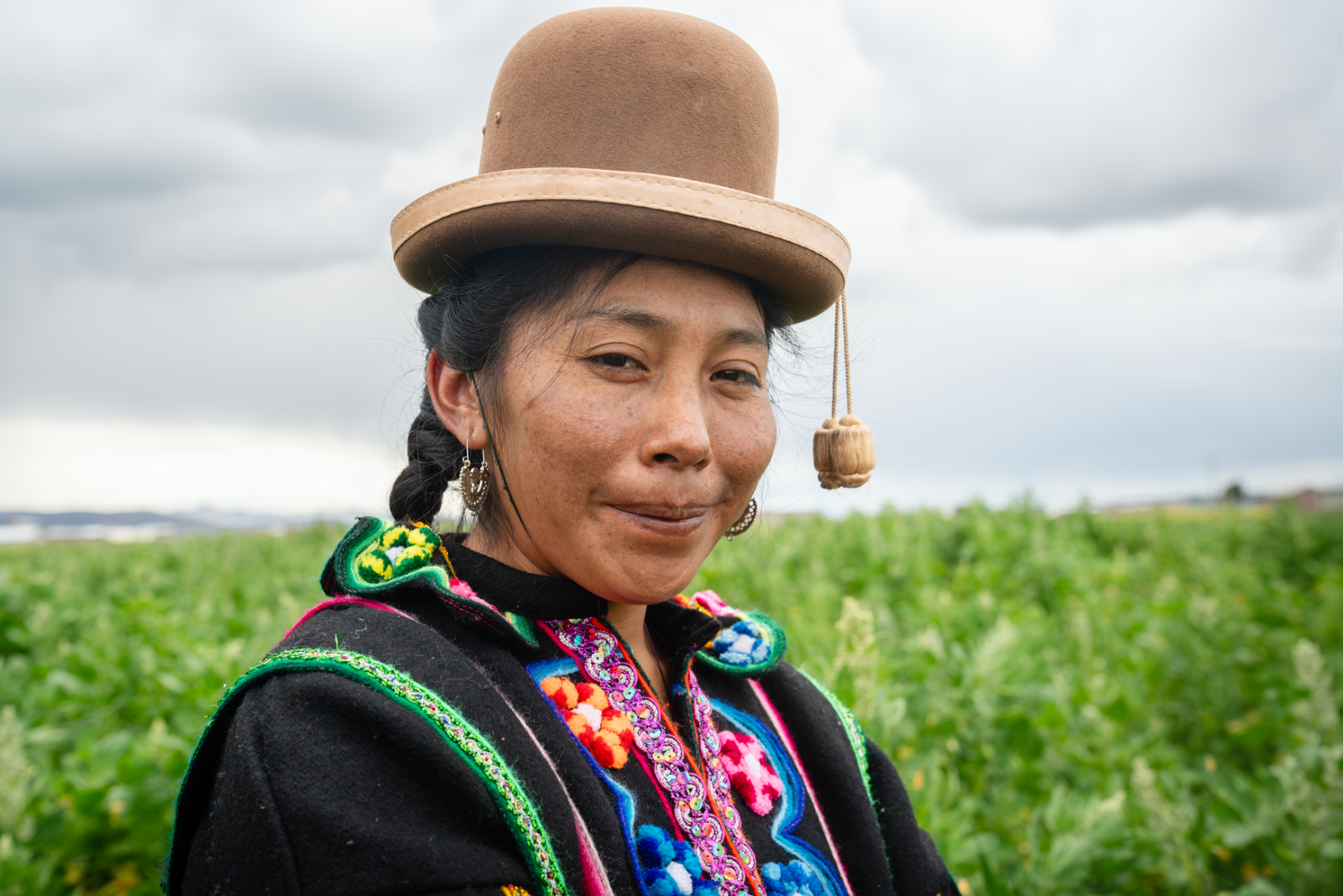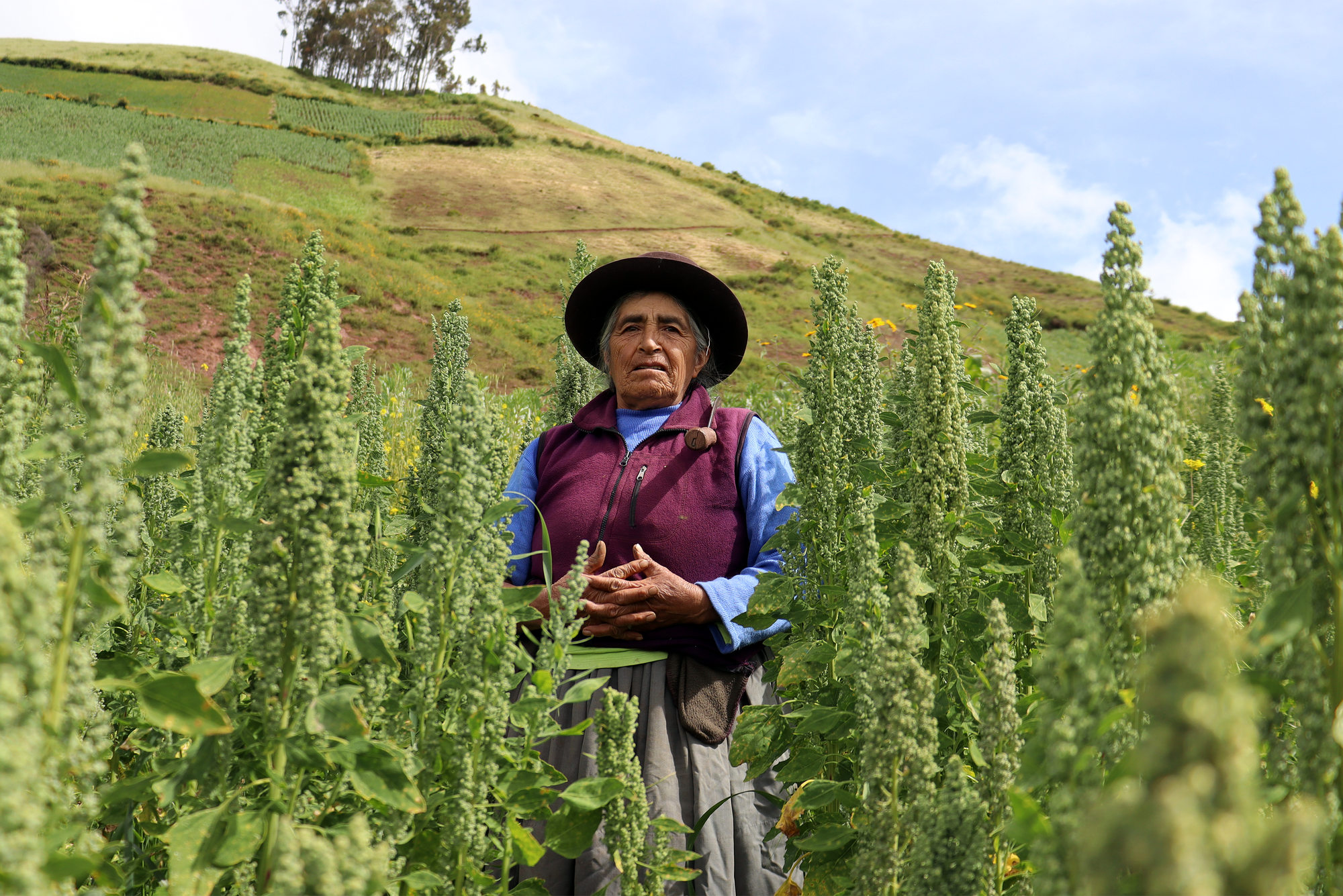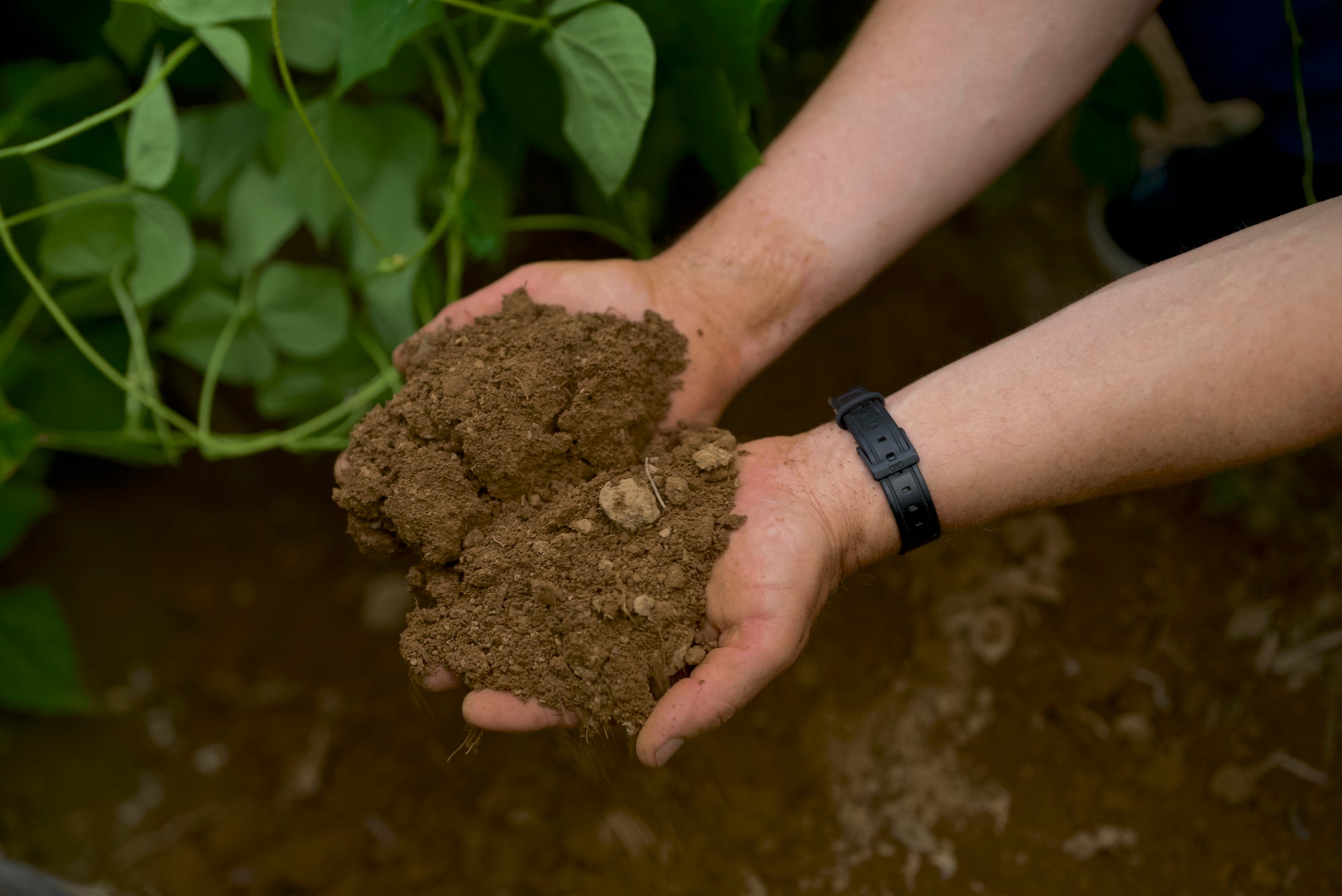"We can’t speak about regenerative organic agriculture without speaking about Indigenous agriculture.” – Sarela Herrada, SIMPLi co-founder
At SIMPLi, we have the privilege of learning from Indigenous communities all around the world. By sourcing from and working directly with Indigenous farmers, our goal is to amplify and support the incredible work they are doing to regenerate our planet. It’s important to remember that Indigenous peoples are the original stewards and cultivators of this land, and leaders of what is now commonly referred to as “regenerative agriculture.” Their legacy is continued today through their agricultural practices and traditions, and at SIMPLi, supporting and preserving these communities, their voices, and their practices is at the core of what we do.
To celebrate National Agriculture Week and Women’s History Month, we're honoring the Indigenous female farmers who are the driving force behind our SIMPLi products. From tending to fields year-round, to harvesting products, to managing livestock with care, these women embody resilience, dedication, and unwavering commitment to nurturing the earth, feeding our communities, and building better food systems.
At SIMPLi, we believe in the importance of recognizing the profound role that Indigenous women have in fostering and protecting regenerative farming practices. For centuries, they have been the stewards of the land, preserving ancient farming techniques that are not only sustainable but also deeply respectful of nature's rhythms. They have developed a holistic understanding of Earth’s ecosystems, knowing which plants complement each other, how to work with natural cycles, and when to sow and harvest for optimal yields. Indigenous women in agriculture have long practiced what we know as “regenerative agriculture”, and their knowledge and traditions continue to help restore soil health and regenerate our lands today.

During our team’s recent visit to Puno, Peru, to the first community in our regenerative agriculture program that achieved Regenerative Organic Certification®, we had the privilege of hearing from Rosmery Cuela, an Indigenous farmer whose wisdom and traditional knowledge are essential to the work SIMPLi does. Through an exclusive interview, Rosmery shares insights into regenerative farming techniques that have been passed down through generations.
These practices reflect a deep respect for the land and a harmonious relationship between farmers and the environment. She shares the meticulous process of furrowing and planting, emphasizing the significance of these steps for a successful crop yield. Rosmery's insights into weed control highlight the philosophy of regenerative agriculture, where the removal of harmful weeds is balanced with the preservation of beneficial ones, all done by hand to ensure proper soil health and the vitality of crops.

Rosmery paints a vivid picture of the care, dedication, and knowledge practiced through Indigenous farming. The use of traditional tools like a "Wajtana" for harvesting quinoa showcases the deep rooted connection between culture and agriculture, and her explanation of selectively removing "kora" (weeds) by hand illustrates the nuanced approach to nurturing crops, ensuring optimal growth and health. Through her words, we are reminded of the invaluable role that Indigenous women like Rosmery play as the stewards of our earth, carrying forward centuries-old wisdom that is vital towards developing a balanced relationship with the land and the food that it produces for us.
There is a wealth of important knowledge, expertise, and truth to be learned from women like Rosmery, and we at SIMPLi are grateful to have the opportunity to work with her, and women and communities like hers, every day.
We are committed to building a future that gives voice to their past, celebrates the traditions of their communities, and gives equal space and representation to their stories, voices, and wisdom. Our planet and food systems depend on it.

